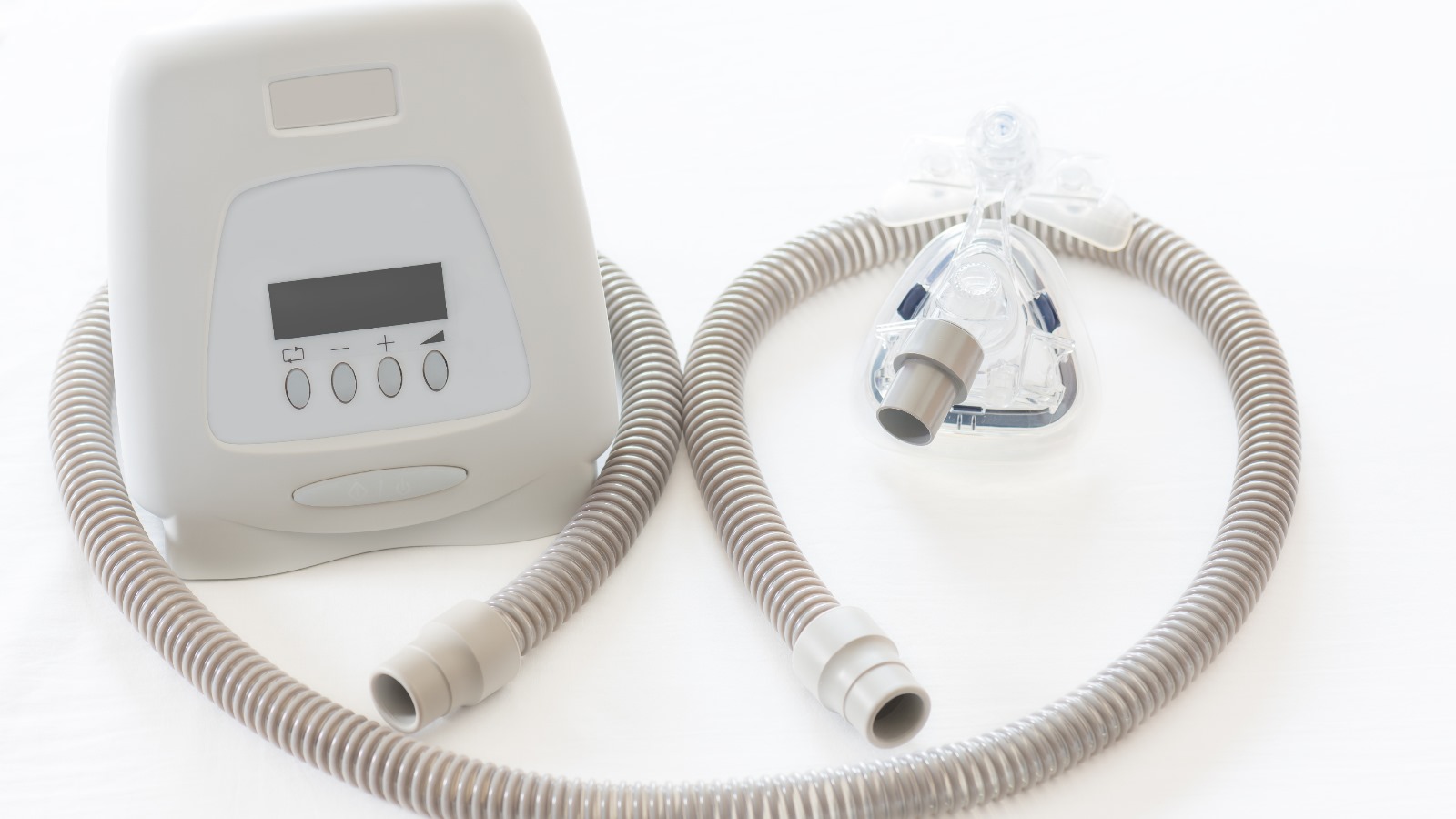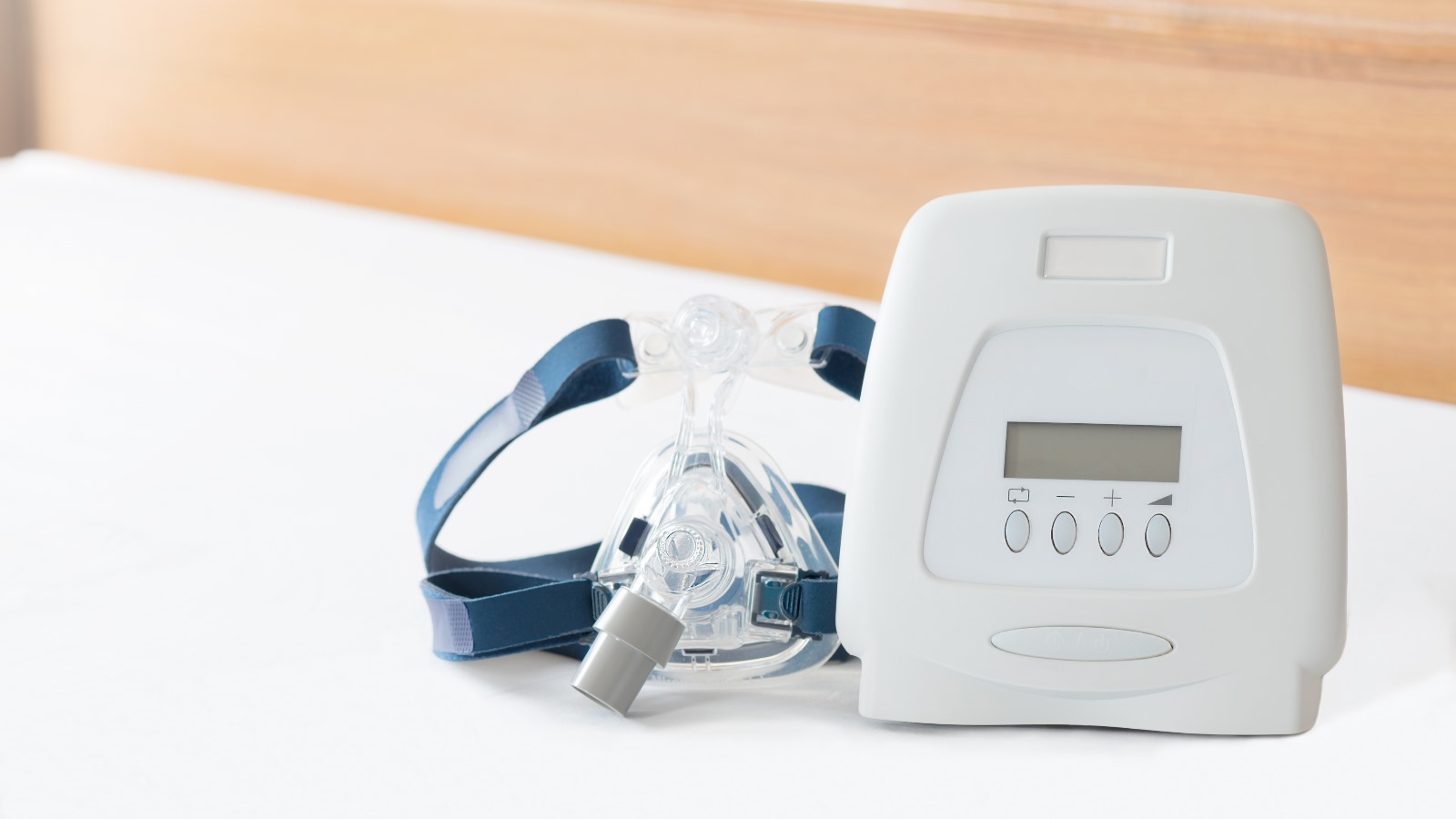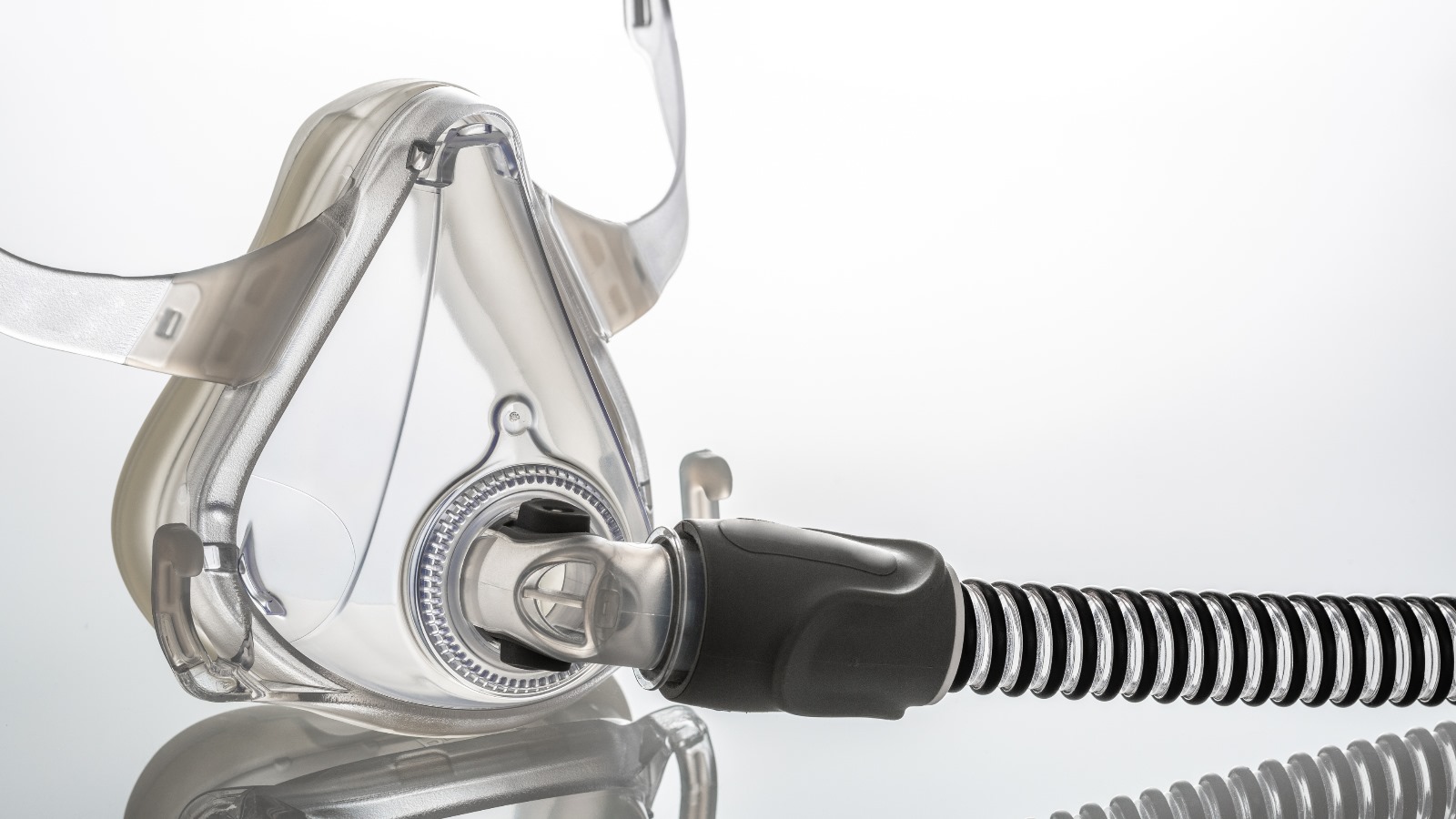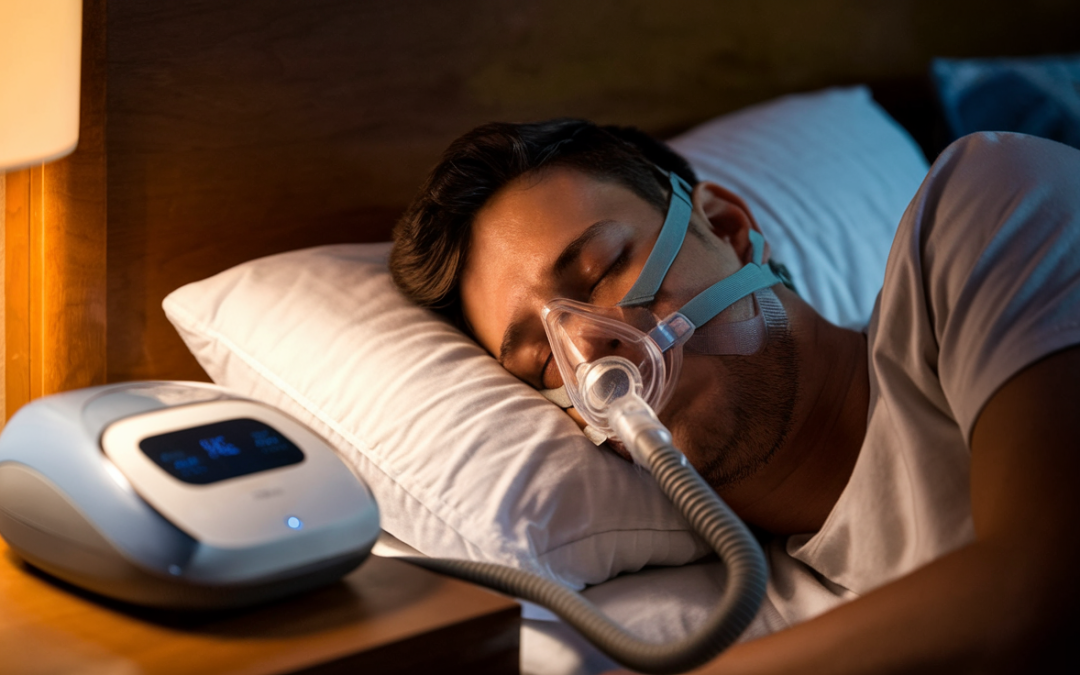Sleep apnea is a respiratory disorder that repeatedly interrupts breathing during the night’s rest, affecting the quality of sleep and, therefore, the overall well-being of those who suffer from it.
This problem, which often goes unnoticed, has important health repercussions, such as daytime sleepiness, difficulty concentrating and an increased risk of cardiovascular disease. However, thanks to sleep study and effective treatments such as CPAP, it is possible to control its symptoms and improve quality of life.
Why conduct a sleep study?
The sleep study is a fundamental tool for diagnosing sleep apnea and other respiratory disorders that affect rest.
This procedure allows observation of various physiological parameters during sleep, such as respiratory rate, oxygen levels and heart rate. Its purpose is to detect interruptions in breathing that may indicate the presence of sleep apnea.
Among the benefits of performing a sleep study are:
- Accurate diagnosis: The study reveals the frequency and duration of respiratory pauses.
- Detection of other disorders: It also allows the identification of problems such as insomnia or restless legs syndrome.
- Personalized treatment plan: Based on the results, a sleep treatment tailored to the needs of each patient can be designed.
Through early and proper diagnosis, sleep apnea can be effectively addressed, improving the quality of rest and avoiding future complications.

Consequences of sleep apnea
Sleep apnea causes pauses in breathing that prevent adequate oxygenation, directly affecting rest and causing daytime symptoms that diminish quality of life.
People with sleep apnea often experience extreme fatigue, concentration problems and irritability, which impacts both their daily performance and their emotional well-being.
Some of the most common consequences of sleep apnea are:
- Fatigue and daytime sleepiness: Interrupted sleep prevents restful rest, causing exhaustion.
- Increased risk of disease: Apnea is associated with an increased risk of hypertension, heart disease and type 2 diabetes.
- Concentration and memory problems: Lack of sleep affects cognitive functions, making daily performance difficult.
Sleep apnea is a problem that goes beyond the immediate symptoms. Without proper treatment, it can lead to serious long-term health complications.
That is why its diagnosis through sleep study and treatment are essential to avoid these repercussions.
CPAP treatment: what is it and how does it work?
CPAP (continuous positive airway pressure) treatment is one of the most effective and common methods of treating sleep apnea. This device ensures a continuous flow of air through a mask, keeping the airway open and thus avoiding the breathing pauses that characterize this disorder.
Benefits of CPAP treatment
The use of CPAP has been shown to be highly effective in the treatment of sleep for patients with sleep apnea, offering the following benefits:
- Improved sleep quality: By keeping the airway open, CPAP allows for deep, uninterrupted rest.
- Reduction of daytime symptoms: Fatigue and drowsiness disappear, improving alertness and mood.
- Cardiovascular health protection: By avoiding apnea, the risk of hypertension and heart problems related to lack of oxygen during sleep is reduced.
CPAP treatment requires a customized fit to ensure patient comfort and maximize its benefits. This process includes choosing a suitable mask and adjusting the air pressure, which is tailored to individual needs.

Other sleep treatment options for apnea
Although CPAP treatment is widely recommended, there are other alternatives for treating sleep apnea that may be effective, especially for those who are unable to adapt to CPAP. Here are some additional options that may complement sleep treatment.
Oral devices
These devices are another option for those with mild to moderate apnea. Oral devices aim to position the jaw and tongue so that the airway remains open. They are an effective alternative for those who cannot tolerate CPAP and can also be used in combination with other treatments.
Lifestyle changes
In addition to the use of devices, certain changes in daily habits can help improve sleep apnea symptoms and optimize sleep treatment outcomes. Common recommendations include:
- Weight loss: Reducing body weight can reduce pressure on the airways.
- Avoid alcohol and sedatives: These substances relax the throat muscles and may aggravate apnea.
- Maintain a regular sleep routine: Establishing consistent sleep schedules promotes more restful sleep.
These lifestyle adjustments, although simple, can have a positive impact on the reduction of apnea episodes and the effectiveness of CPAP treatment.
Surgical options
For the most severe cases of sleep apnea, in which conventional treatments are not effective, surgery may be considered as a last resort. Surgical intervention seeks to correct anatomical problems that block the airway, allowing continuous breathing during sleep. This type of treatment requires a thorough evaluation and is usually reserved for extreme situations.

The importance of proper sleep apnea treatment
Sleep apnea is a condition that not only affects rest, but also has implications for the physical and emotional health of those who suffer from it. With accurate diagnosis through sleep study and appropriate treatment, such as CPAP, it is possible to improve quality of life and reduce the risk of serious health problems.
Eupnea Clinic: effective sleep apnea solutions
In Eupnea Clinic, we are dedicated to offer advanced solutions for the treatment of sleep apnea in Palamos, among other nocturnal breathing disorders, making available to our patients diagnostic technologies such as sleep study and effective options such as CPAP treatment.
Our team of specialists evaluates each case individually to design a personalized sleep treatment plan that fits the needs of each person. If you suspect you may have sleep apnea or want to improve the quality of your sleep, we invite you to contact us for advice and take the first step towards a healthy and restful sleep.
